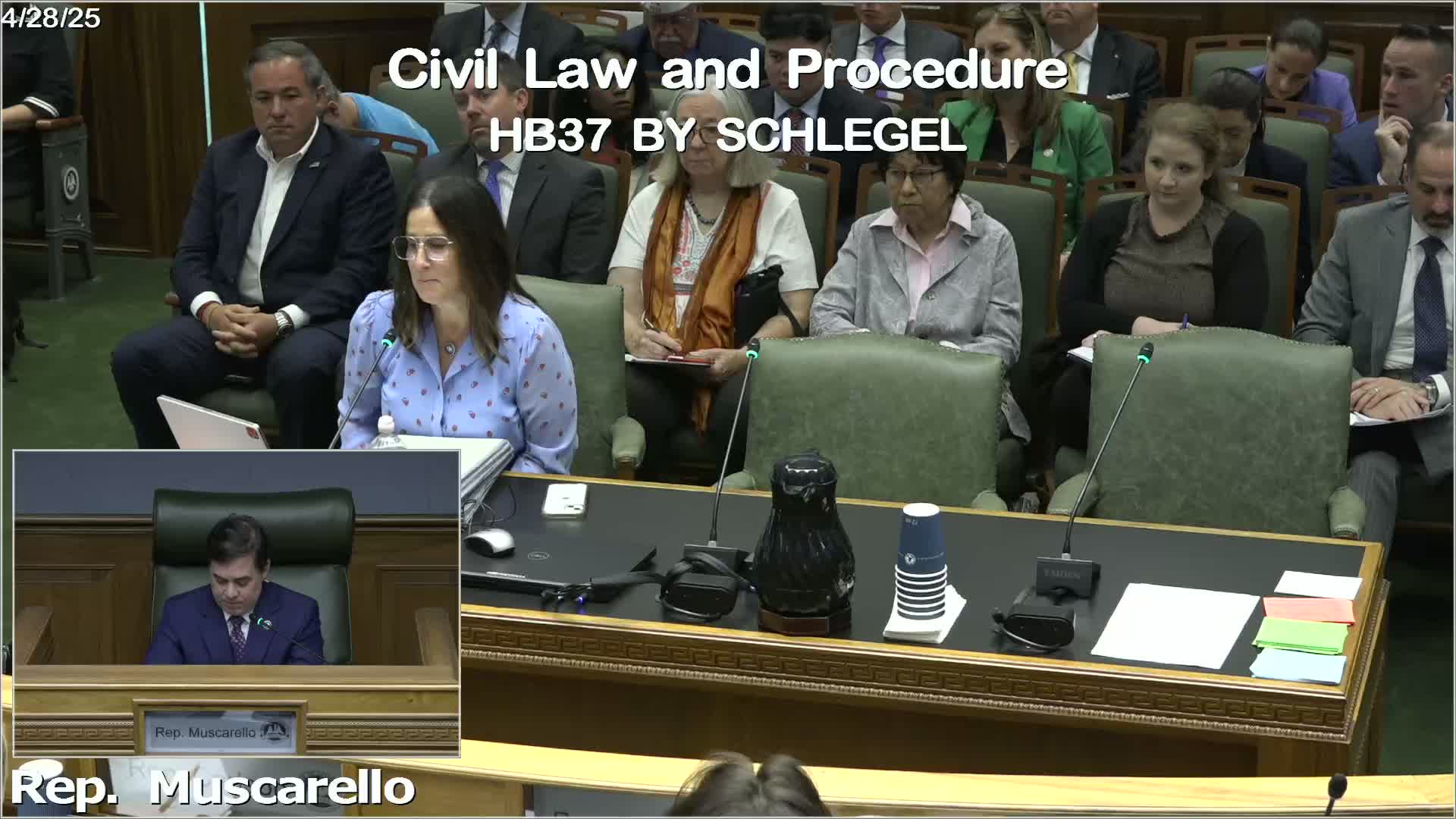Article not found
This article is no longer available. But don't worry—we've gathered other articles that discuss the same topic.
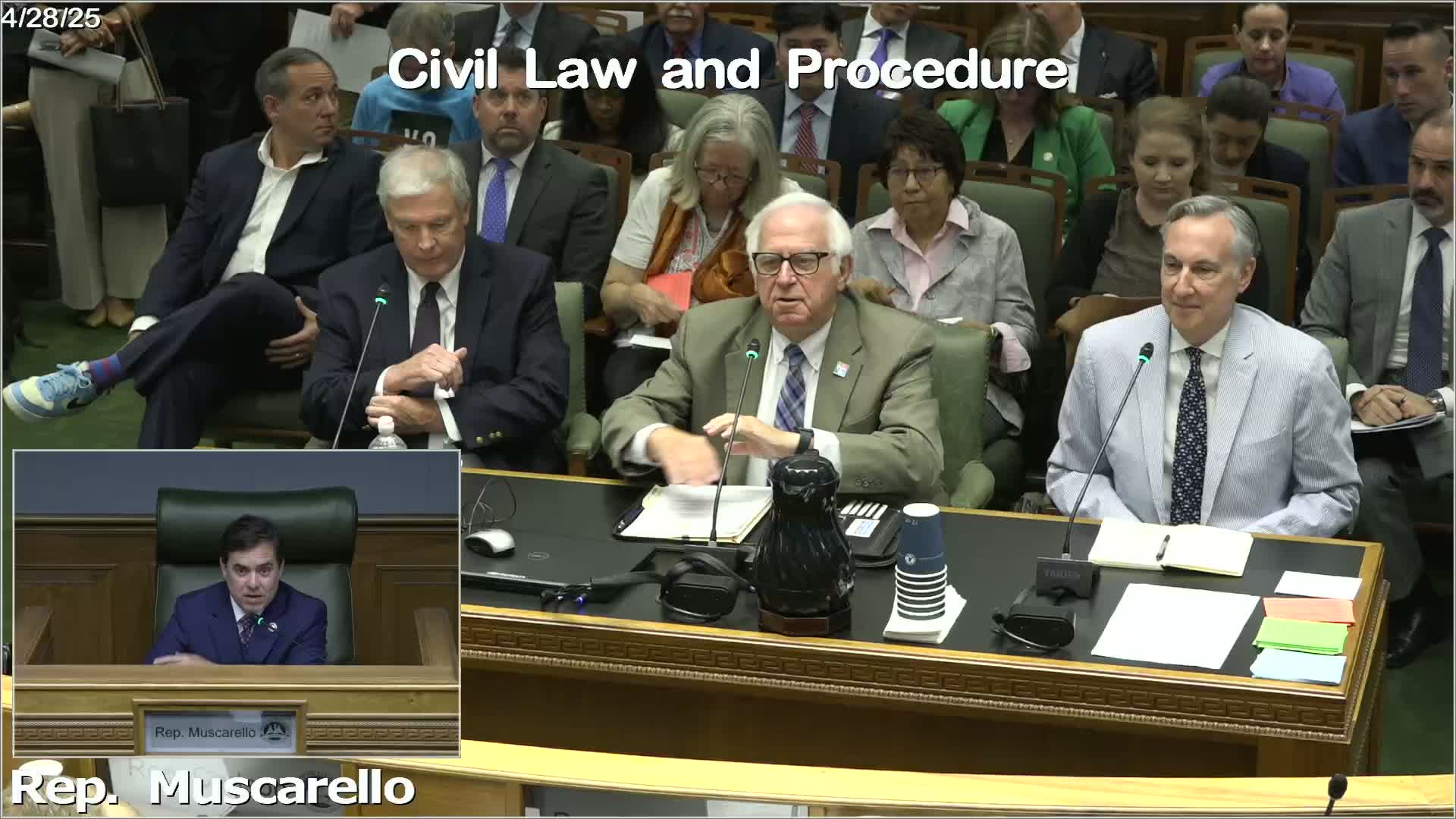
Supreme Court Historical Society briefs committee on bicentennial of 1825 civil code
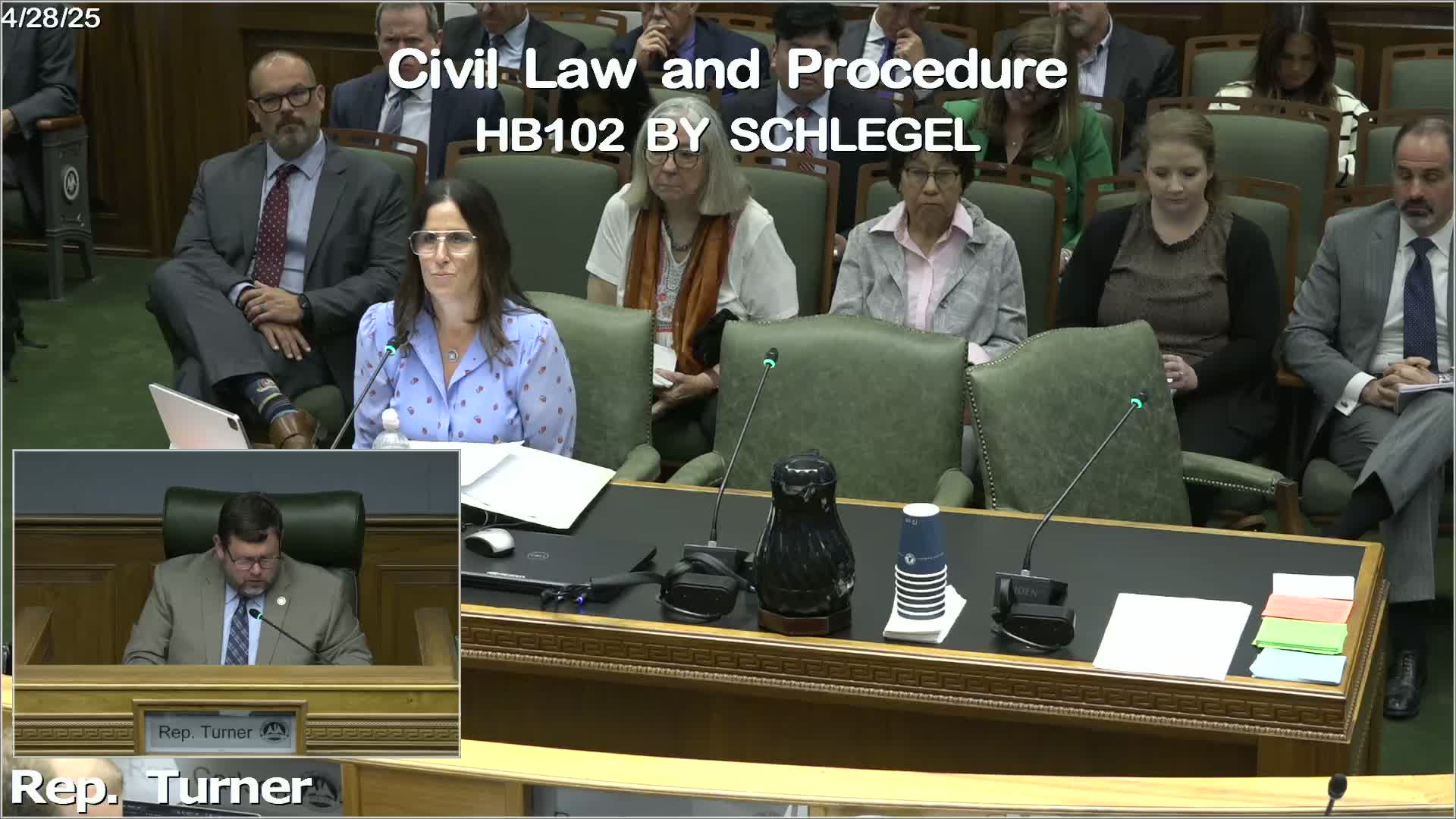
Committee approves limited liability protection for nonprofits that donate medical supplies
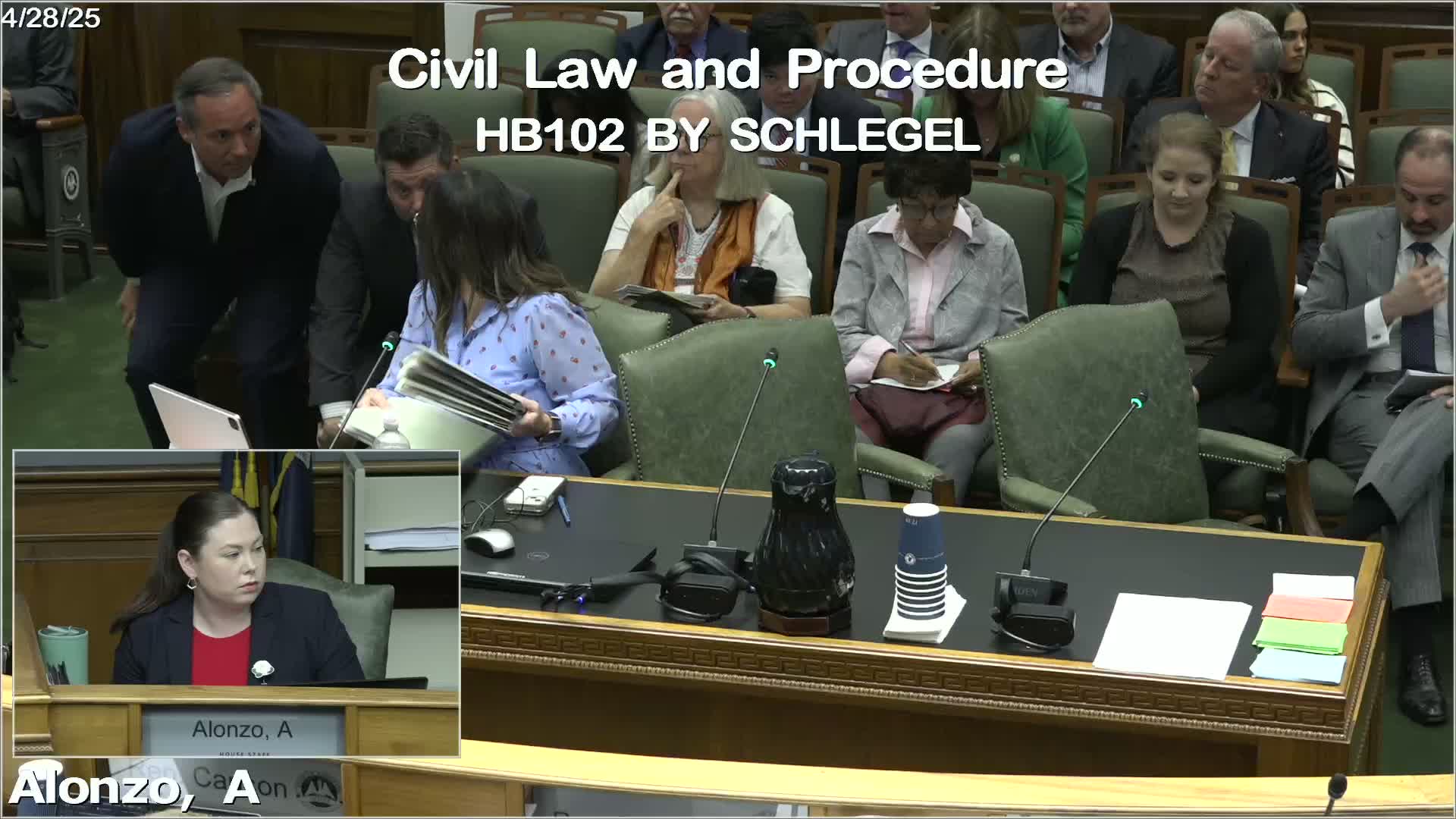
Committee advances update to Louisiana Products Liability Act to cover digital products
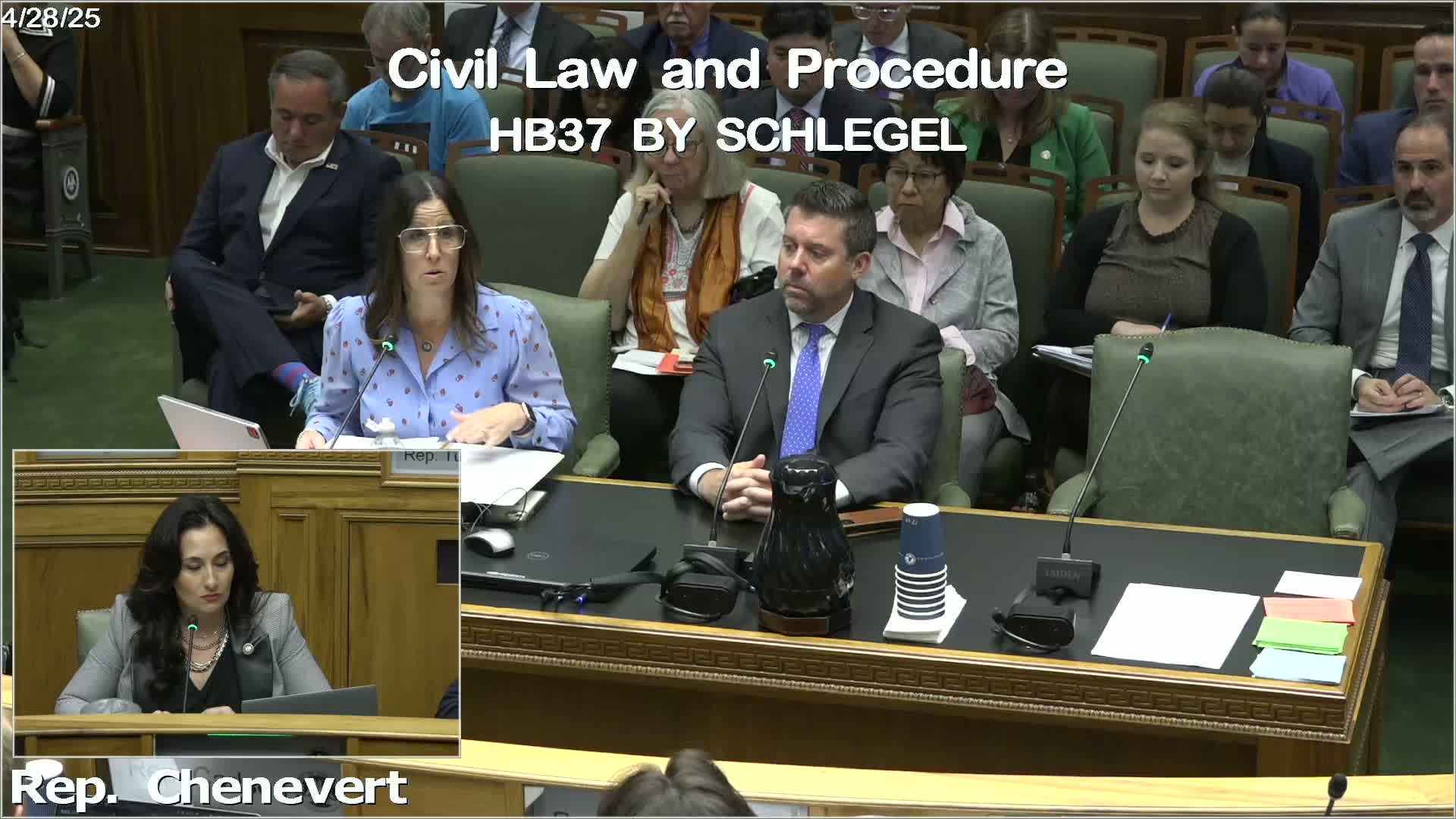
Committee clarifies liability for unregulated consumable hemp products; amends to include 21-year age threshold
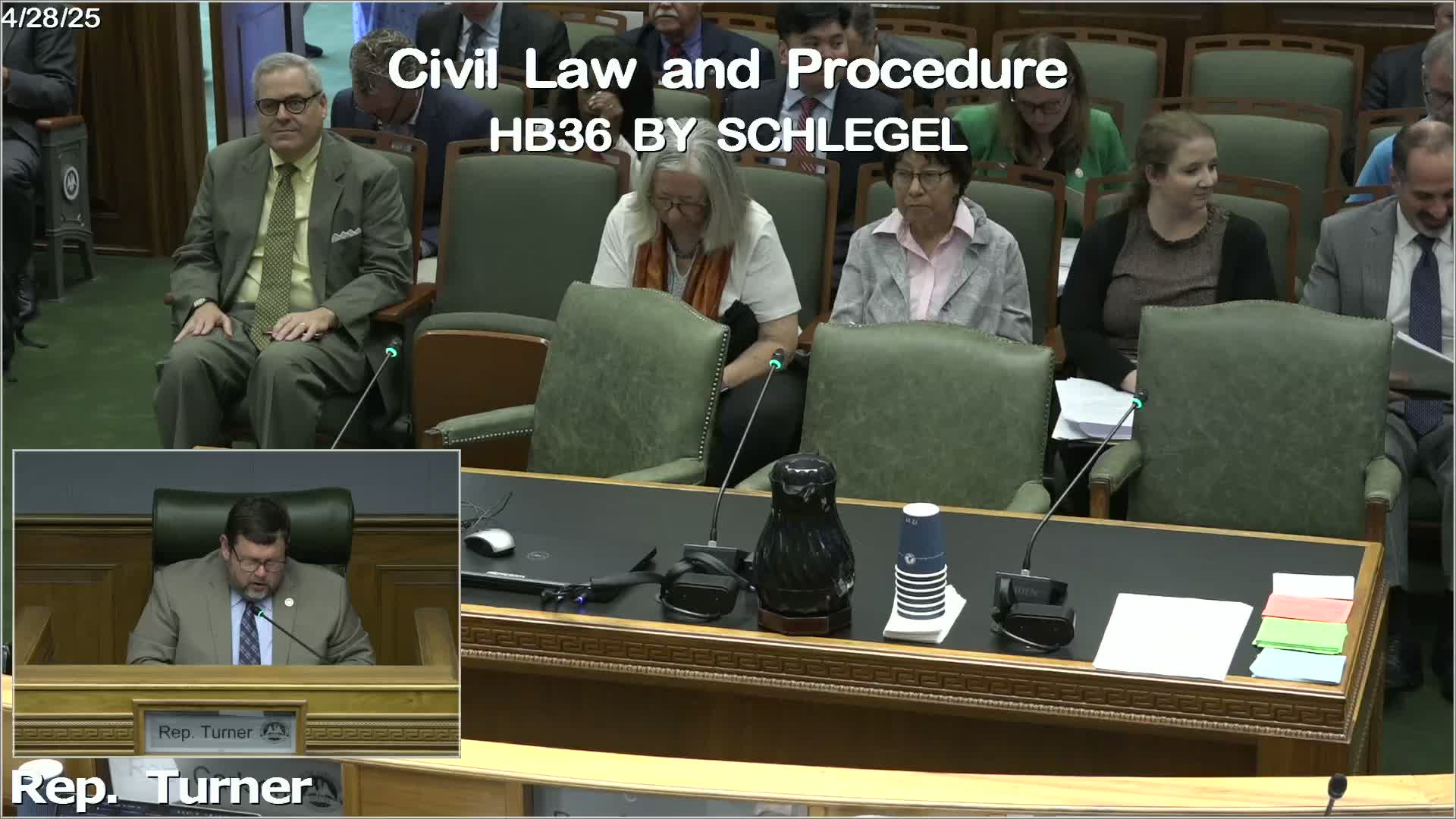
Asbestos trust transparency bill draws heated debate; author volunteers to defer for amendments
